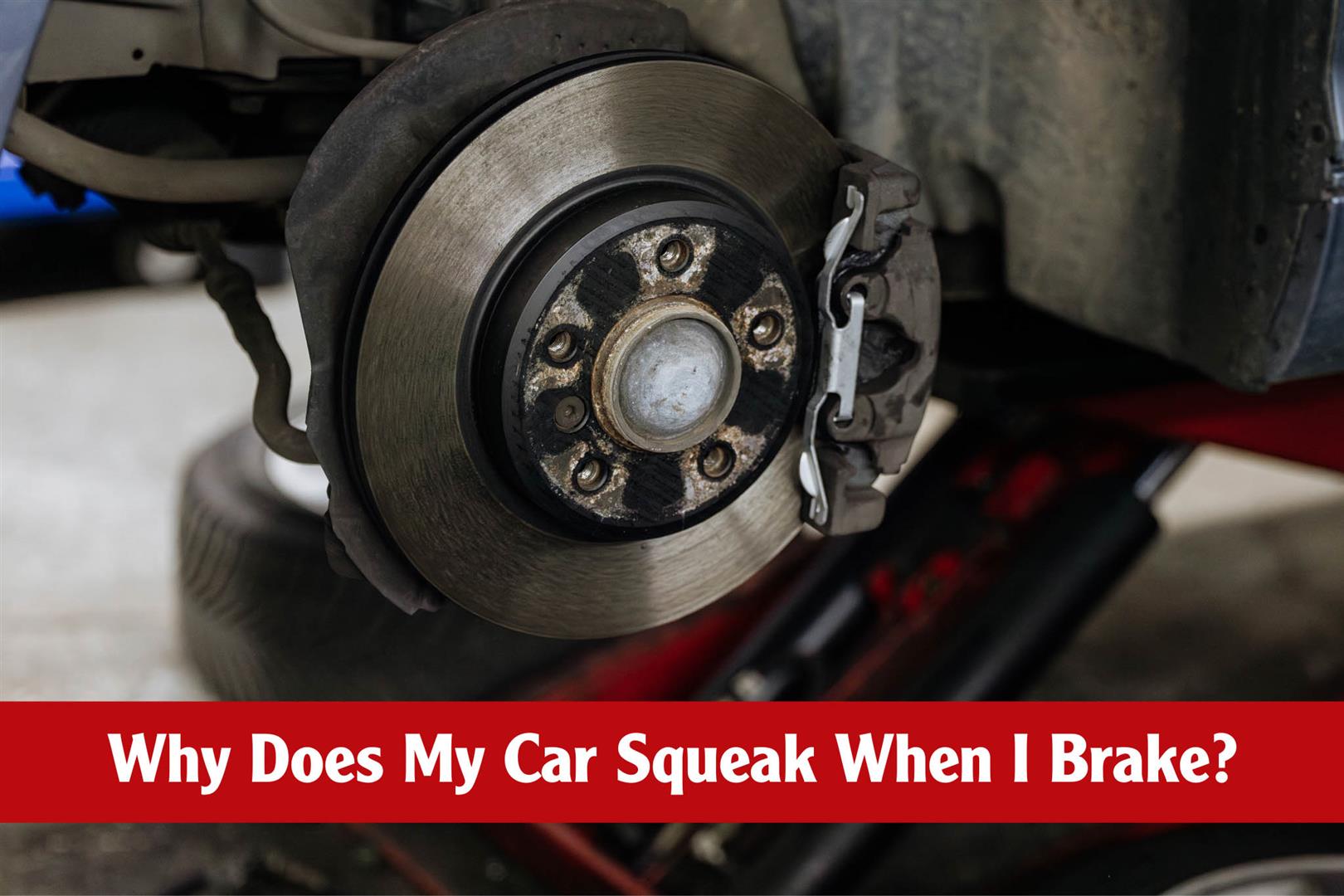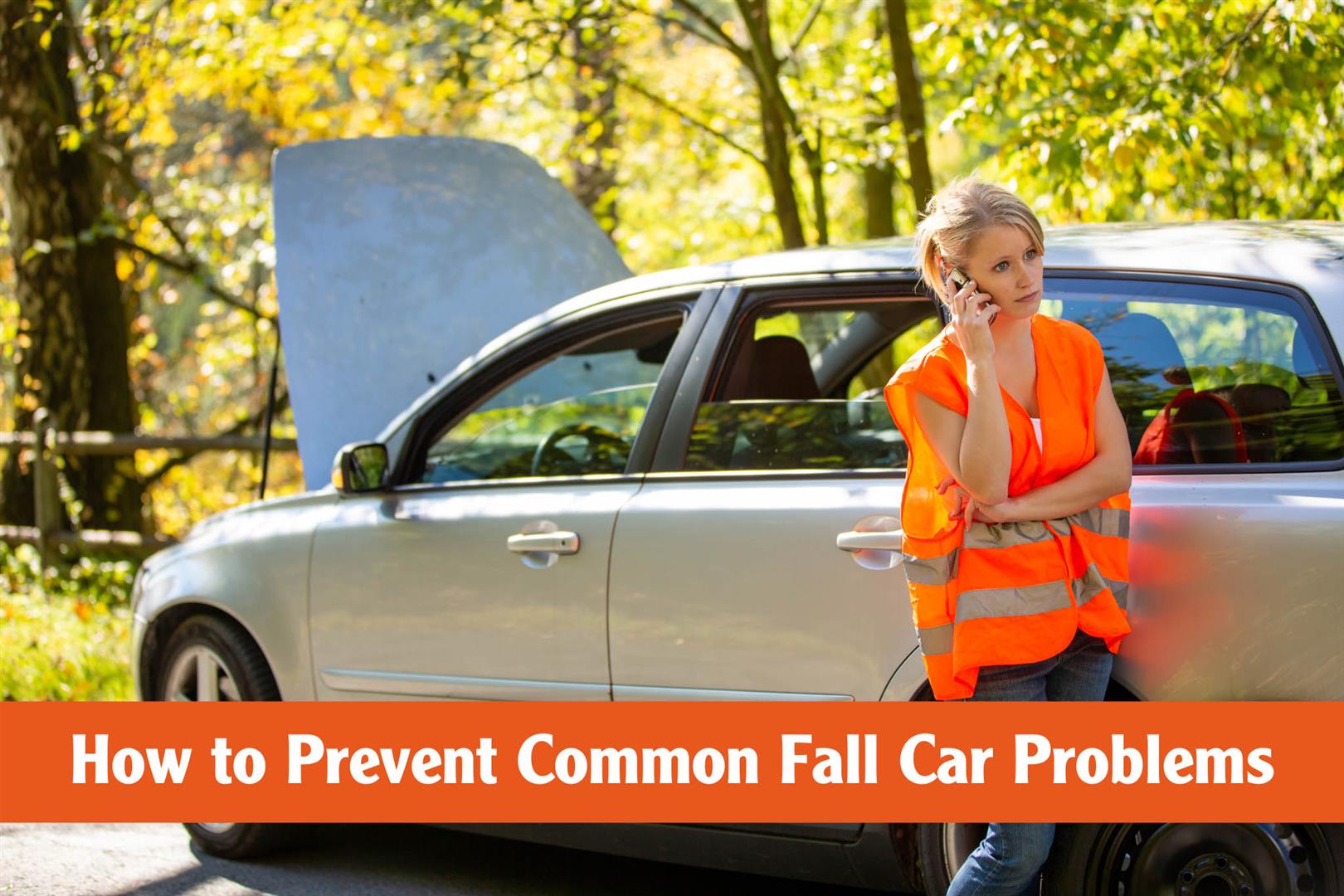Posted on 10/7/2024

That high-pitched squeak when you press the brake pedal can be frustrating, but it’s your car’s way of letting you know something might be wrong. While it may be tempting to ignore the noise, it's important to address it before it becomes a bigger issue. Common Causes of Brake Squeaking: Worn Brake Pads: Brake pads are designed with a built-in wear indicator. When the pads wear down, the indicator makes contact with the rotor and produces that annoying squeak. This sound is a signal that your brake pads are getting thin and need to be replaced soon Dust and Debris: Boulder roads can get dusty, and debris may accumulate on your brakes. Small particles can become trapped between the pad and the rotor, leading to a squeaking sound. Cleaning your brakes can solve this, but persistent noise warrants a brake check. Moisture in the Morning: Here in Colorado, moisture can accumulate on the brake pads overnight. This causes a temporary squeak until the moisture evaporates as ... read more
Posted on 10/2/2024

If your Toyota Tacoma’s steering feels loose or shaky, it’s not only frustrating but can also be a sign of a serious issue. There are several reasons why your Tacoma might have this problem, and it’s important to address them early to avoid more expensive repairs or even safety risks. Here’s what could be going on under the hood or with the steering system of your truck. 1. Worn Steering Components One of the most common causes of loose steering is worn-out parts in the steering system. The tie rods, ball joints, and bushings are essential in connecting your Tacoma’s wheels to its steering column. Over time, these parts can wear down, leading to slack or a “loose” feel in your steering. If these parts fail completely, you could lose control of your vehicle—so it's critical to have them inspected and replaced if needed. 2. Misaligned Wheels Another common issue that causes shaky or loose steering i ... read more
Posted on 9/30/2024

Fall in Colorado is a beautiful time of year, with vibrant colors, crisp air, and cooler temperatures. But as the season changes, so do the challenges that your vehicle faces. From unpredictable weather to temperature drops, fall can introduce a variety of car problems—especially if you’re heading into the mountains. Here are some common fall car issues and tips on how to prevent them: 1. Tire Pressure Drops As the temperatures in Boulder start to cool down, your tire pressure naturally drops. Cold air causes the air in your tires to contract, which can affect your handling, fuel efficiency, and tire wear. How to Prevent It: Regularly check your tire pressure as the weather cools, especially if you’re planning on driving into higher elevations where temperatures fluctuate more dramatically. Proper tire pressure is critical for staying safe on the wet and potentially slippery fall roads we often see in Colorado. 2. Battery ... read more
Posted on 9/23/2024

Fall in Colorado is a beautiful time of year, with golden leaves, crisp air, and the perfect opportunity to head up to the mountains. But before you hit the road for that scenic drive or mountain adventure, it's important to make sure your vehicle is ready for the changing weather. Here are some steps to prepare your car for a Colorado fall, so you can enjoy the season worry-free. 1. Check and Change Your Oil As the temperatures cool, ensuring your engine is running smoothly is crucial, especially if you're planning trips up into higher elevations. If it’s time for an oil change, consider our Premium PLUS Oil Service or Premium ULTRA Oil Service to give your engine the protection it needs. With BG products like BG MOA and BG EPR, these services help keep your engine clean and running efficiently, even in fluctuating temperatures. 2. Inspect Your Tires Colorado’s f ... read more
Posted on 9/18/2024

Owning a Jeep Cherokee means you're ready for anything – from daily commuting to weekend off-road adventures. But when your 4WD system won’t engage, it can put a serious damper on your plans, especially here in Colorado where the terrain demands it. If you’ve noticed your Jeep Cherokee’s 4WD system isn’t working as it should, you’re not alone. This is a fairly common issue, and there are a few reasons why it might happen. Common Causes of 4WD Issues in a Jeep CherokeeTransfer Case Problems The transfer case is the heart of your 4WD system, distributing power between the front and rear wheels. If something goes wrong here, your 4WD won’t engage properly. Symptoms of transfer case issues include strange noises when trying to switch into 4WD or the vehicle not switching at all. Regular maintenance can help keep your transfer case functioning smoothly. Faulty 4WD Actuator The actuator is a ... read more